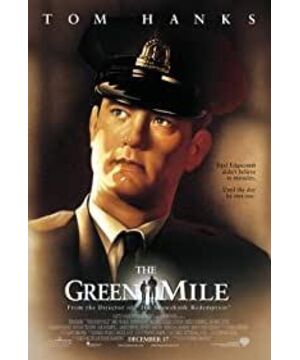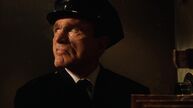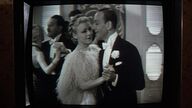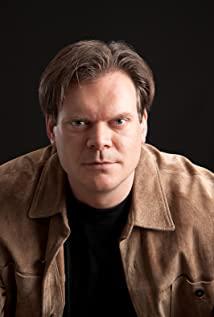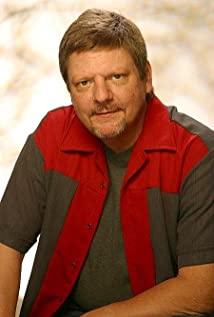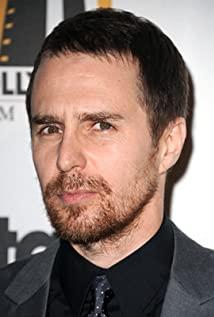I just learned that "Green Miracle" and "Shawshank's Redemption" came from a director, that is Frank. Darabont-both are adapted from novels by the master of thriller Stephen King. Both films were shot in the context of a prison, and the scripts were adapted by the director himself. So, if anyone thinks that the same themes can be found in these two films, I don't doubt it at all.
It is said that "The Shawshank's Redemption" expresses a profound meaning of self-salvation, and it is a modern version of the exodus. However, in contrast to "The Green Miracle", we seem to be able to find that both films reflect a sense of distrust of the spirit of modern law.
In "Shawshank's Redemption", the banker Andy did not kill but was accused of killing his wife. The violent and corrupt warden never found out the fact of his crime-until Andy escaped from the prison and exposed him. But please don’t think that the warden was punished by the law. He used the law to sanction people who could not be sanctioned by the law. Isn’t Andy always regarded as the Moses in the book of Egypt?
In "The Green Miracle", this kind of law expresses the powerlessness of evil more deeply. John Coffee only wanted to save the two little girls, but he was considered a murderer and sentenced to death; the same evil prison guard, because there were people above him, he did whatever he wanted in the prison and did no evil to the prisoners; and in the end, John Coffee , This man regarded as a miracle of God, even though he saved many people, even punished many wicked people, even though Paul and other prison guards knew he was innocent, but he was still weakly sent to the electric chair...
"When I'm dead, I'm standing in front of God waiting for the trial. He asked me why I let his miracle die, what should I say, that's my job?" Paul asked John, but the director was actually asking the audience.
In modern society, we have such a firm belief in the effectiveness of the law, and the law is synonymous with justice in our concept. But in these two films, the law has shown its most unfair and powerless side. Therefore, in the end, God can only be used to help us reward good and punish evil. But once the miracle of God disappears, who will solve so many injustices? Self-salvation?
Andy’s self-salvation is an idealized state, and coffee’s walk for the sky is just a miracle we fantasized about—and in the “Green Miracle” that can be regarded as the companion chapter of “Shawshank’s Redemption”, coffee The moment he stepped onto the electric chair, it also announced the director's disillusionment of the idea of walking for the sky and redeeming himself.
The modern legal system has such a powerful force that he can control the lives and future of evil people he thinks, and no one can truly escape the pursuit of the law. Even if you escape from the United States to Mexico, the modern extradition system can still find you. We do not live in a world controlled by Big Brother, but we are also watched by countless Big Brothers every moment. Once he thinks we are wrong, we will pay a heavy price for this mistake-even if it is God cannot save.
So in the end, John Coffee told Paul that he was too tired and bored. If God asks Paul why he killed God’s miracle, Paul can tell God that coffee his hope is over: “Really, I’m tired. Tired of being on the road, like a lonely sparrow in the rain. Tired of not being accompanied by a partner, or tell me Where to go, or why. I'm tired of people treating each other ugly, tired of the pain that I feel and hear every day. Too many. It has always been like the glass ballast in my head. Can you understand?"
Paul said: "Yes, John, I think I can."
If "Shawshank's Redemption" can still find freedom through self-salvation in the idealism of the director, then in "Green Miracle", people can only have a strong legal system. In the limit, it is going to perish.
Very pessimistic, isn't it?
View more about The Green Mile reviews


